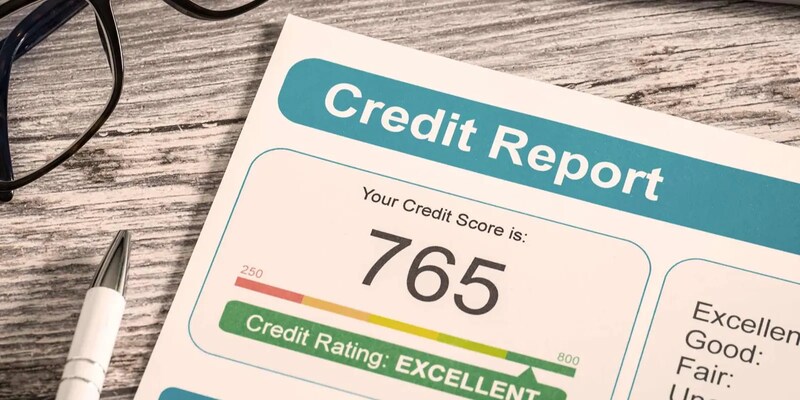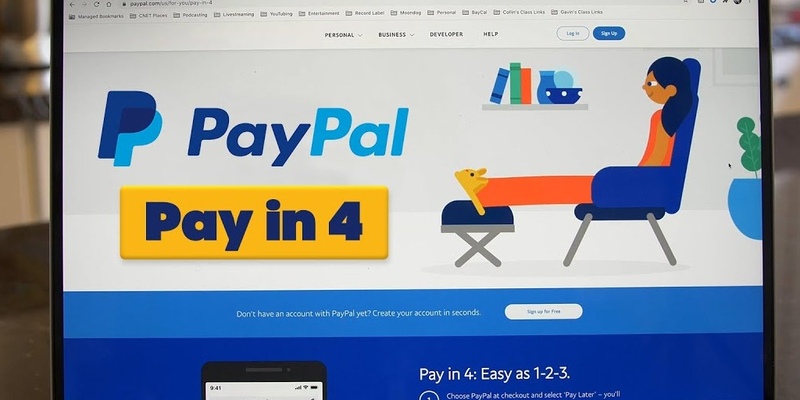Are you struggling to qualify for a loan due to a low credit score or insufficient income? If so, you might want to consider co-borrowing. A co-borrower is someone who shares responsibility for the loan with you, which can increase your chances of getting approved. In this article, we'll discuss what a co-borrower is, the benefits and risks of having one, how to choose the right co-borrower, and some tips for successful co-borrowing.
An Overview of Co-Borrowers
Co-borrowing is a common practice where two or more people share equal responsibility for a loan. It's particularly common when purchasing high-ticket items like a house or a car. Co-borrowers can be friends, family members, or business partners. They often combine their credit scores and incomes to increase their chances of obtaining a loan.

Benefits of Having a Co-Borrower
Benefits of Having a Co-Borrower:
- - Increase the chances of getting approved for a loan.
- - Combine credit scores and incomes to qualify for higher loan amounts.
- - Use funds together with spouse or partner.
- - Get extra support from family member or non-family members such as friends or business partners.
- - Access better interest rates and terms on loans due to increased creditworthiness.
How to Choose a Co-Borrower
When selecting a co-borrower, it is important to choose someone who is financially responsible and trustworthy. There are several factors to consider when making this decision, and it is important to evaluate all your options carefully.
The first factor to consider is the creditworthiness of the potential co-borrower. The better their credit score and credit history, the more likely you are to get approved for a loan. It's also important to consider their income level and any existing debt or financial obligations.
You should also consider the relationship between you and the potential co-borrower. If it's a family member or close friend, make sure they understand what is expected of them and that they are willing to take on the responsibility of the loan. Finally, make sure you trust them to fulfill their obligation and make payments on time.
Risks of Being a Co-Borrower
- Becoming a co-borrower for someone else’s loan can be risky. Your credit score and financial well-being may be negatively impacted if the other borrower fails to make payments or defaults on the loan.
- You will be equally responsible for the repayment of the loan, even if you are not using the funds.
- If the primary borrower defaults on the loan, you will be held accountable and your credit score could be affected as a result.
- Co-borrowing is a long-term commitment, so it’s important to consider all of the risks carefully before making a final decision.

Tips for Successful Co-Borrowing
Establish clear goals and expectations:
Before entering into a co-borrowing agreement, it is important to have an open and honest conversation about each other's financial goals and expectations. This will help ensure everyone is on the same page about how the loan funds will be used.
Choose a reliable co-borrower: When selecting a co-borrower, it is important to choose someone who is financially responsible and trustworthy. Look for someone with a good credit history, stable income, and clear financial goals that align with yours.
Be aware of the risks:
As a co-borrower, you are taking on equal responsibility for repaying the loan. If the primary .borrower defaults on the loan or misses payments, you are equally responsible for repayment.
Carefully review all documents:
Before signing any documents, ensure that you understand exactly what you agree to and your responsibilities as a co-borrower.
Stay in contact with your co-borrower:
Once you have entered into a loan agreement, staying in close contact with your co-borrower is important. This will help ensure that both parties are aware of any changes in their situation and can promptly address any issues or concerns.
Conclusion
Co-borrowing can be a great way to improve creditworthiness and increase the chance of approval for financing. While it carries certain risks, taking the appropriate steps to protect against risk and ensure success can help turn co-borrowing into a positive experience. It's important to ensure both parties know their responsibilities before agreeing to co-borrow. It is essential to research each other's financial backgrounds and discuss what would happen if one party is unable or unwilling to pay it back.
FAQs:
What should I look for in a co-borrower?
When selecting a suitable candidate, it is important to consider someone reliable, financially stable, and trustworthy. Ideally, a co-borrower should have good credit history and a steady income. Choosing someone whose financial goals and values align with your own is also important.
What happens if the primary borrower defaults on the loan?
If the primary borrower defaults on the loan, the co-borrower is equally responsible for repayment. This can lead to late fees, collection actions, and even damaged credit scores. It's important to carefully evaluate the trustworthiness and reliability of the primary borrower before agreeing to be a co-borrower.
Are there any tax implications associated with co-borrowing?
The tax implications of co-borrowing depend on the loan type, interest rate, and other factors. Generally, any profits from the loan will be subject to tax. Consult a qualified tax professional for more specific advice.
What are the benefits of co-borrowing?
Co-borrowing can be a great way to increase creditworthiness and accessibility to financing. It also allows two parties to share the costs and risks associated with borrowing, making it easier for those with limited access to funds or poor credit history to get approved for a loan.
What are the risks associated with co-borrowing?
Co-borrowing can be a risky endeavor, as both parties are equally responsible for the repayment of the loan. If either borrower misses payments or defaults on the loan, it could lead to costly late fees, collection actions, and even damaged credit scores. Additionally, the co-borrower is responsible for any tax implications associated with the loan.

Western Union: Everything You Need to Know for Smooth Transactions

What Is Expected Value (EV)?

Understanding Unauthorized Cards on Your Credit Report

The Ultimate Guide to 529 Plan Withdrawals for Private Schooling

What are the Best Online Checking Accounts You Should Consider?

Best Dental Insurance for Braces of 2023

All You Should Know About PayPal Pay in 4

Why Your Home Is Stuck on the Market: Key Issues to Address

How to Pay Your Property Tax Bill

When to Expect Your Tax Refund

What Is the Average Profit Margin for a Company in the Banking Sector?
